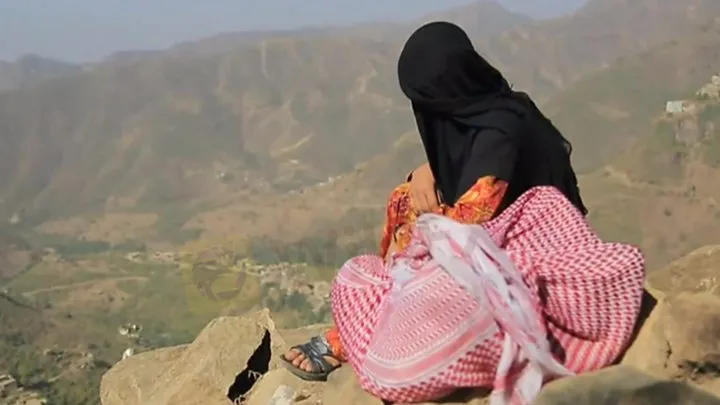简体中文
繁體中文
English
Pусский
日本語
ภาษาไทย
Tiếng Việt
Bahasa Indonesia
Español
हिन्दी
Filippiiniläinen
Français
Deutsch
Português
Türkçe
한국어
العربية
Yemen crisis: UN to make record aid appeal
Abstract:Media playback is unsupported on your device Media captionThe hidden victims of the Yemen warA sum

Media playback is unsupported on your device
Media captionThe hidden victims of the Yemen war
A summit opening shortly at the UN in Geneva hopes to raise $4.2bn (£3.2bn) to fund humanitarian operations in Yemen, where a years-long war has left the country on the brink of famine.
It is the largest single country appeal ever made by the UN, which plans to help 19 million people.
An estimated 240,000 people are facing catastrophic levels of hunger.
Meanwhile, the UN's Yemen envoy says aid workers could soon access a key granary near the port city of Hudaydah.
Martin Griffiths told the UN Security Council that government forces and Houthi rebels could start to withdraw from around the city as part of a deal reached in December which has yet to be implemented.
Why is there a war in Yemen?
Shaky truce in Hudaydah
Hudaydah, which has been controlled by the Houthis since 2014, is the principal lifeline for two-thirds of Yemen's population. Up to 80% of the humanitarian aid, fuel and commercial goods on which they depend are delivered through the port.
Although the city has been calm recently, fighting has continued in other parts of the country, hampering the distribution of aid, the UN says.

Media playback is unsupported on your device
Media captionWhere the fighting in Yemen has stopped... but not the suffering
“Some 20 million people need help securing food, including nearly 10 million who are just a step away from famine,” UN emergency relief chief Mark Lowcock said.
Billions in aid, but where's it going?
Yemen country profile
Yemen, gripped by the world's worst humanitarian crisis, has been devastated by a conflict that escalated in early 2015, when the Houthis forced President Abdrabbuh Mansour Hadi to flee abroad.
Alarmed by the rise of a group they saw as an Iranian proxy, Saudi Arabia and eight other Arab states intervened in an attempt to restore the government.
At least 7,000 civilians have been killed and 11,100 injured in the fighting, according to the UN. Thousands more have died from preventable causes, including malnutrition and diseases.
Disclaimer:
The views in this article only represent the author's personal views, and do not constitute investment advice on this platform. This platform does not guarantee the accuracy, completeness and timeliness of the information in the article, and will not be liable for any loss caused by the use of or reliance on the information in the article.
WikiFX Broker
Latest News
Tokyo Police Arrest 4 for Unregistered FX Trading Scheme
BSP Shuts Down Uno Forex Over Serious AML Violations
ACY Securities Expands Global Footprint with South Africa Acquisition
Rupee gains against Euro
WikiEXPO Global Expert Interview: The Future of Financial Regulation and Compliance
DFSA Warns of Fake Loan Approval Scam Using Its Logo
Consob Sounds Alarm: WhatsApp & Telegram Users Vulnerable to Investment Scams
CySEC Revokes UFX Broker Licence as Reliantco Halts Global Operations
GCash, Government to Launch GBonds for Easy Investments
Bitcoin ETF Options Get Closer to Reality with CFTC Clarification
Currency Calculator


